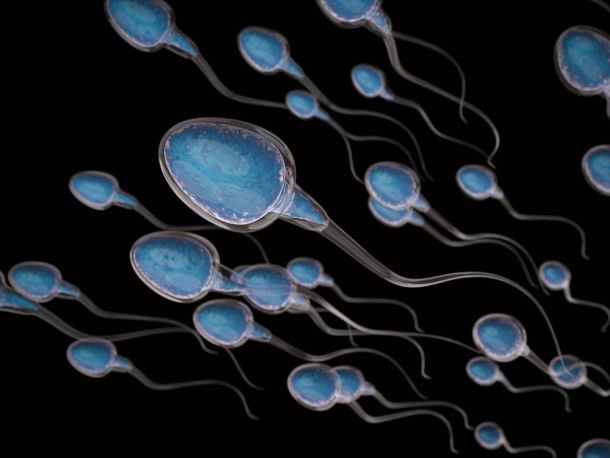Latest articles
What A Man Should Know About The Female Sexual Sphere
Sexual life is an important part of a relationship that directly affects the quality of communication between partners, their emotional closeness and mutual trust. For many men, the topic of female sexuality remains a mystery, sometimes even a source of anxiety and misunderstanding. However, understanding the female sexual sphere is not only a way to improve intimate life, but also a manifestation of care, respect and attention to a partner.
Nutrition is the Foundation of Health and Well-Being
Each of us is familiar with the feeling of lightness and uplift after a good breakfast, or, on the contrary, weakness and dullness of attention when skipping it. The body requires fuel to function, and a lot depends on the quality of this fuel. Nutrition is truly the foundation of health at all levels: physical, cognitive, and emotional.
The Impact of Social Media on the Psyche and Behavior of Teenagers: An Overview of the Current Problem
In recent decades, social media has become an integral part of the lives of millions of people around the world, especially teenagers. For the younger generation, Internet platforms and messengers are not just a means of communication, but also a space for self-expression, obtaining information, and forming a social identity. However, the intensive use of social media raises serious questions about how it affects the mental health and behavior of teenagers.
Who is More Satisfied? Comparison of Sexual Satisfaction in Regular and BDSM Sex
In recent years, there has been a growing interest in alternative forms of sexuality, including kinks and BDSM practices. However, scientific research examining their impact on sexual satisfaction is still lacking. Unlike traditional (“vanilla”) sex, where the focus is often on the genitals and achieving orgasm, kinks and BDSM offer a more creative and playful approach.
Andropause: The Male Menopause That Is Not Usually Talked About. How To Maintain Strength And Energy After 40
The male body after 40 years begins to gradually change - first of all, the level of testosterone, the main hormone responsible for strength, endurance, libido, and emotional stability, decreases. Unlike female menopause, in men, this process is not abrupt, but slow and barely noticeable, sometimes stretching out for decades. The main reasons are age-related changes in the hypothalamus, pituitary gland, and testicles, as well as the effects of stress, bad habits, and chronic diseases.
Erection Under Attack: What Science Says About the Harm of Smoking for Men
Smoking is the most common cause of premature death and loss of productivity. Every 6-8 seconds in the world, one person dies from tobacco-related causes, which is 5 million people a year! Tobacco has a carcinogenic effect, causing cancer in at least 12 different parts of the body: in the lungs, oral cavity, nasal cavity, paranasal sinus, larynx, throat, esophagus, pancreas, stomach, liver, renal pelvis, and gall bladder. Tobacco also causes myeloid leukemia, that is, blood cancer.
Sex and Masturbation Affect the Quality of Sleep Verified by Scientists
Australian scientists have conducted a new study that proves the positive effect of sexual activity on sleep quality (spoiler – masturbation works too)! Thus, respondents who had sex or masturbated before bed in the morning felt better and showed greater motivation (according to Naked Science).
Delayed Ejaculation: Causes, Symptoms, Diagnosis, and Treatment
Delayed ejaculation is a disorder of sexual function in men, characterized by difficulties in ejaculation. With delayed ejaculation, a man experiences sufficient sexual arousal and has a full erection, but stimulation of the penis does not lead to the desired release of seminal fluid for a long time from the beginning of sexual intercourse. Delayed ejaculation is accompanied by difficulties in achieving orgasm, physical and psychological dissatisfaction of partners.
Male Fertility: Sperm Lifespan
I'm sure you've never heard this news before!
SPOILER: The higher the quality of a man's sperm, the longer he lives!
Surprised? Now, get comfortable and read a detailed, scientifically proven long-read about this.
What is Male Fertility?
Fertility is the ability to produce offspring. Thus, male fertility is the ability of a man to conceive a viable child. The concept of "male fertility" is often identified with the concept of "sperm fertility". It is assessed by several parameters: the structure and motility of sperm, their number and the genetic material they carry.










.svg)
.svg)
